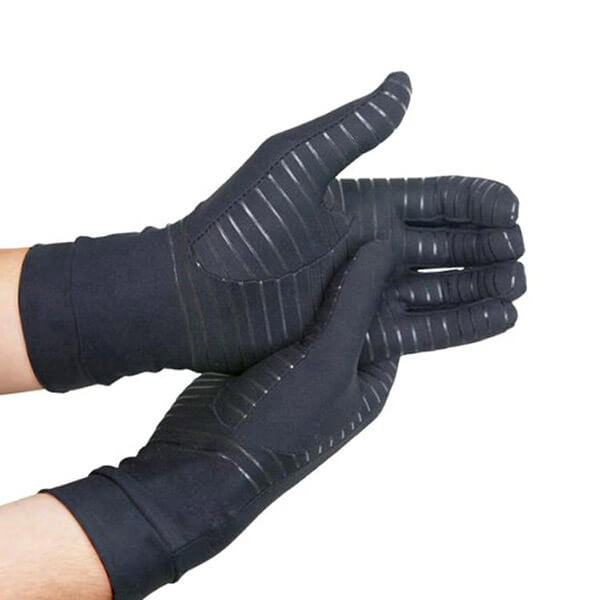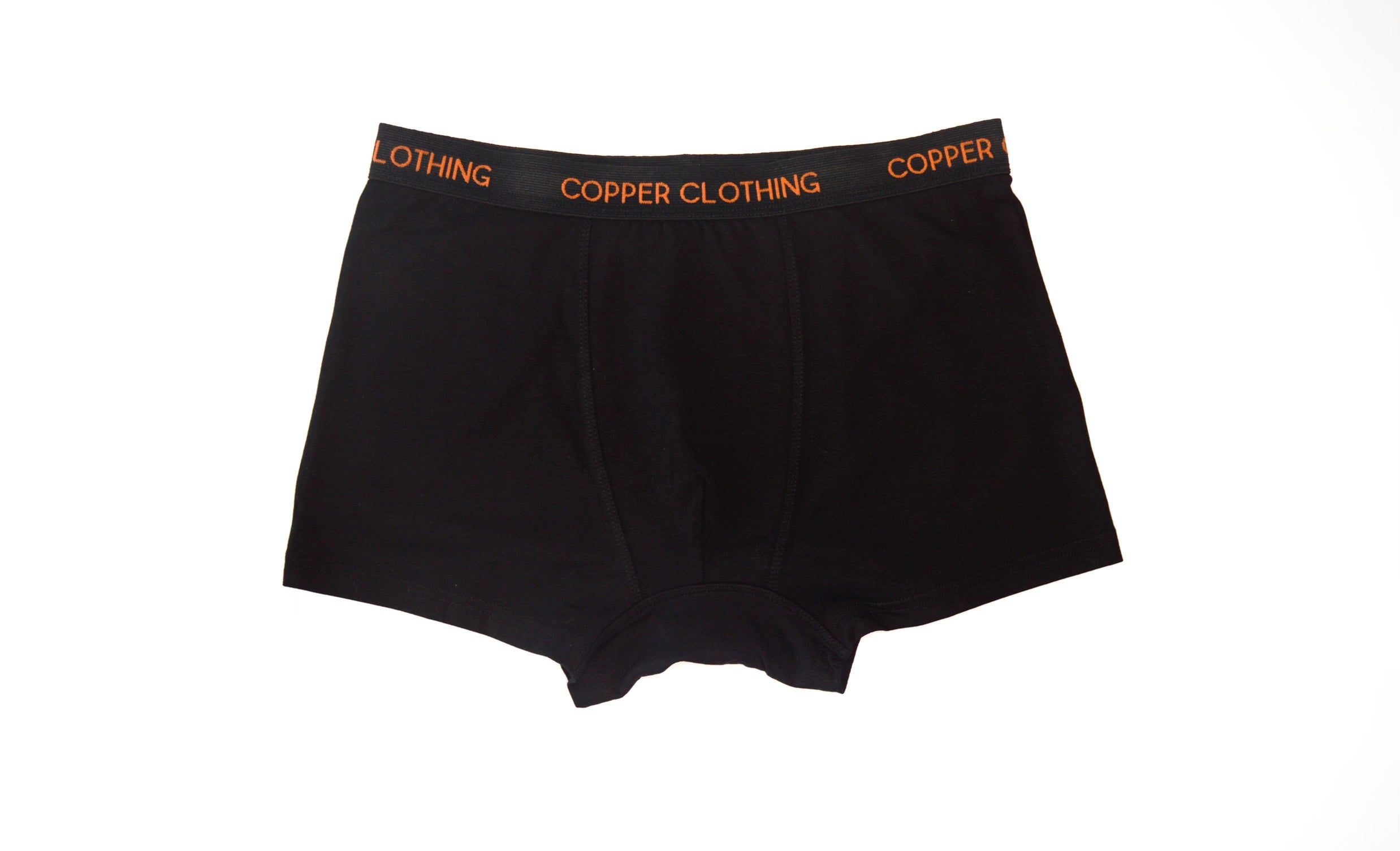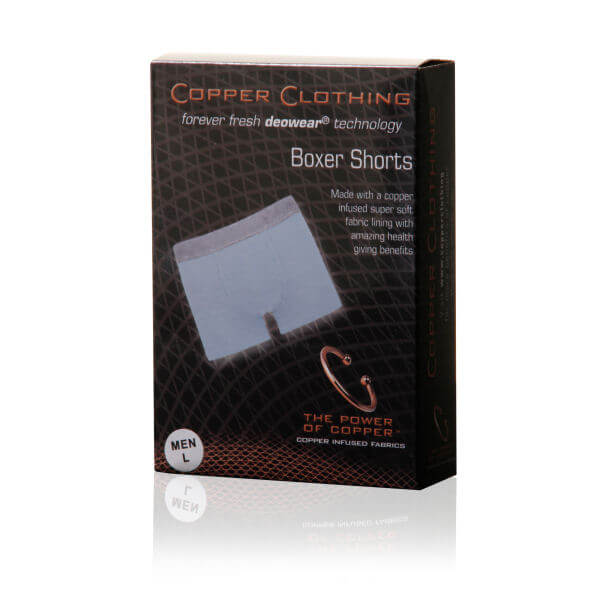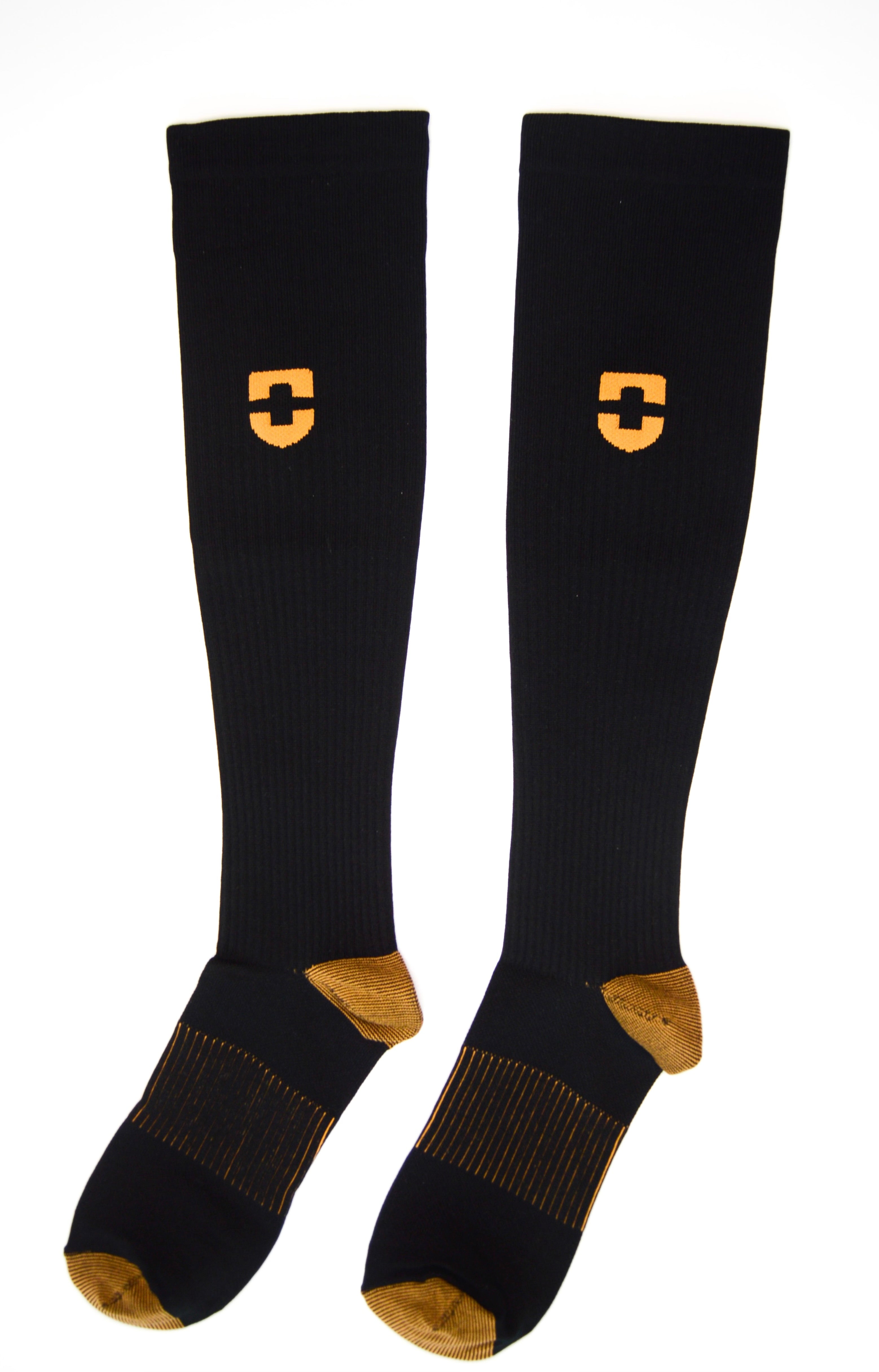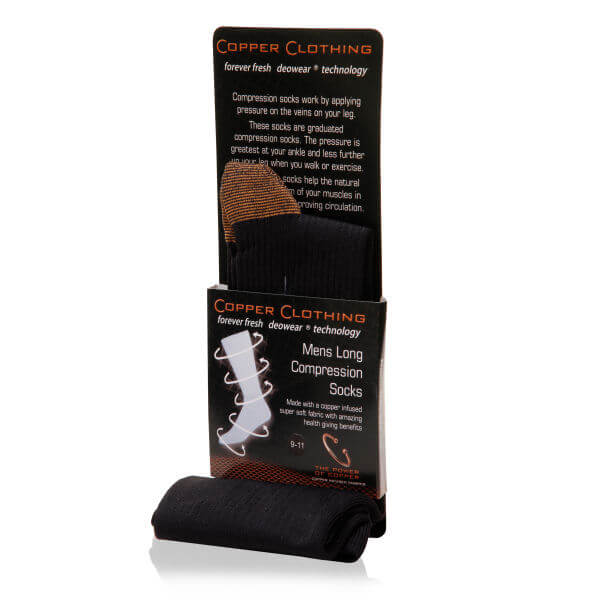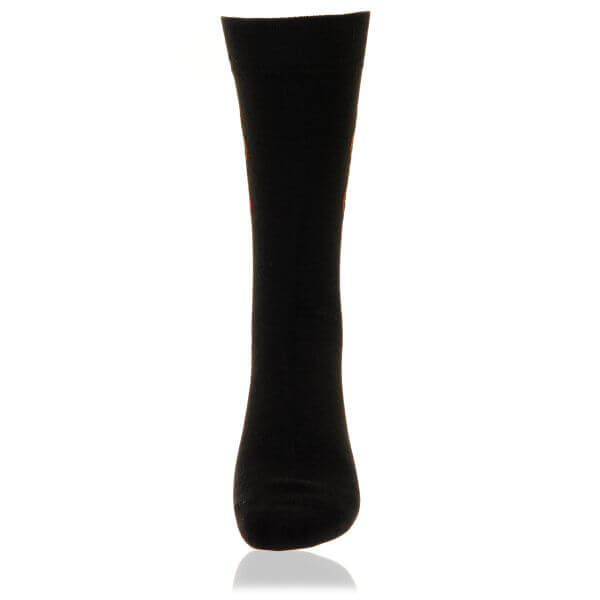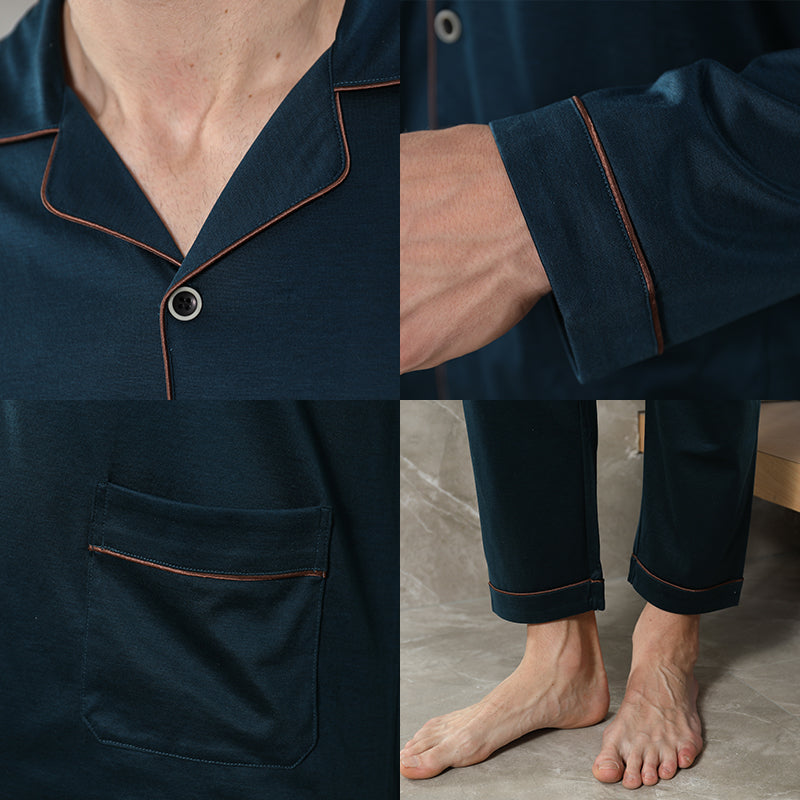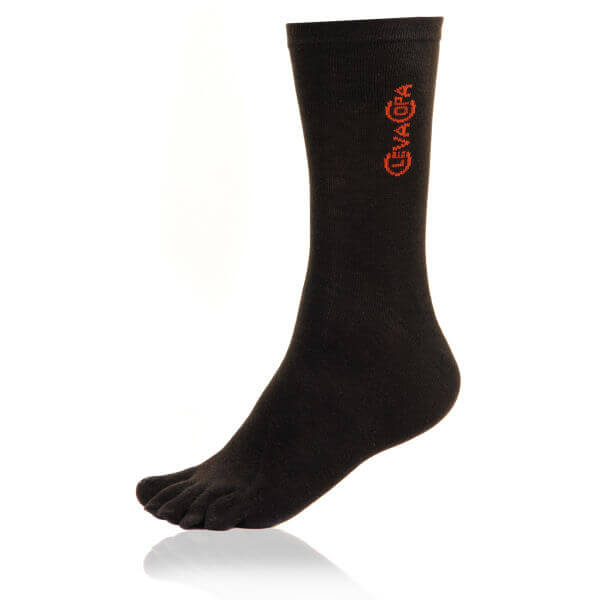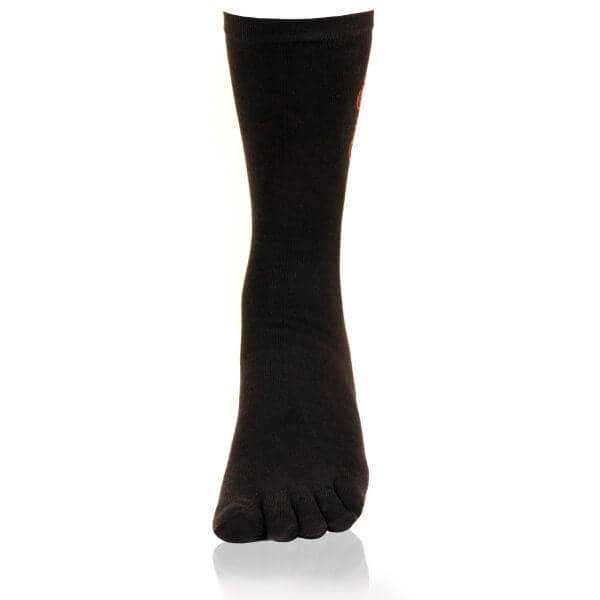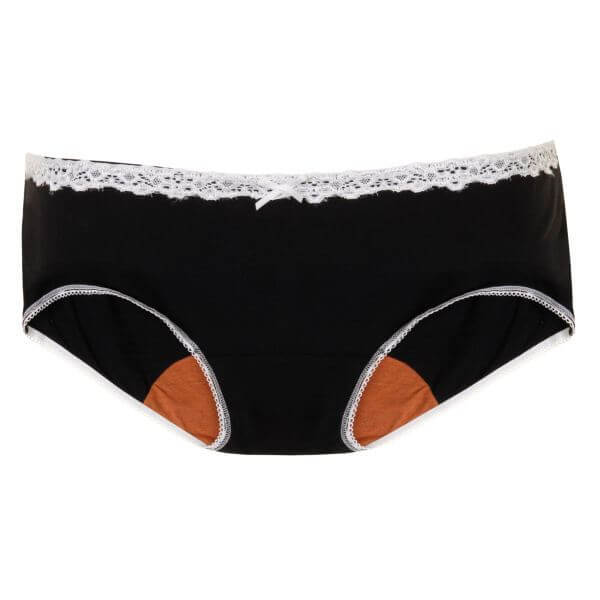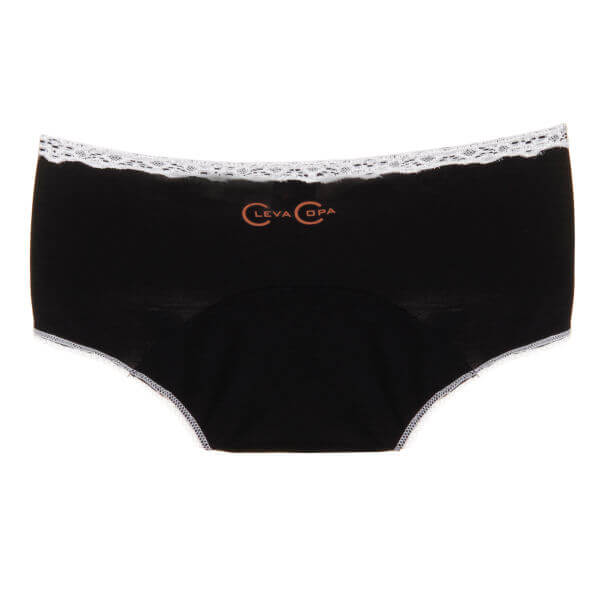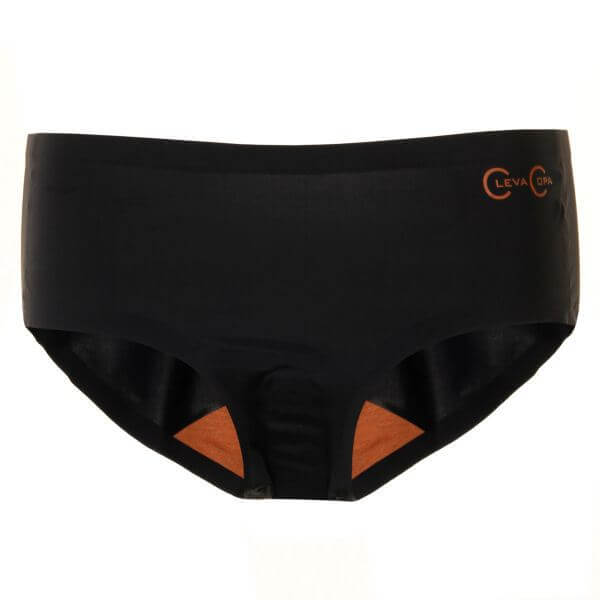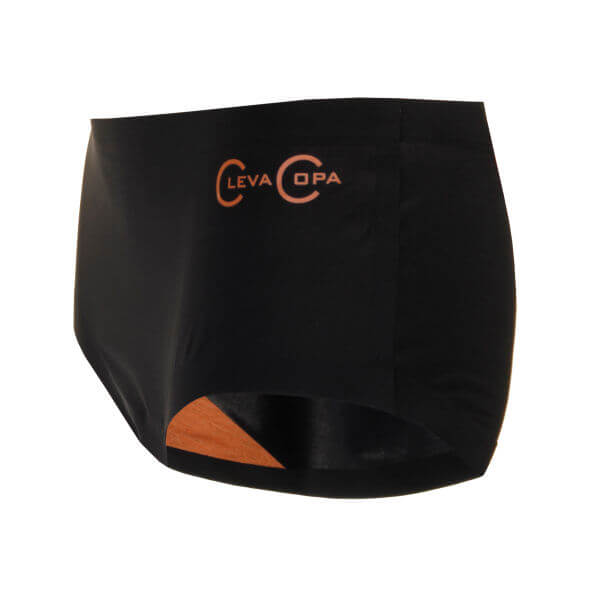How Often Should You Wash Your Bed Sheets
Published
April 29 2024
Keeping sheets clean isn't always easy. Even if your sheets are super comfy, that fresh feeling tends to fade after a few nights, no matter how often you wash them (which, let's be real, might not be very often).
You probably know the drill when it comes to laundry for most things in your home—like sports bras and jeans—but when it comes to washing bedding, things can get a bit confusing. How often should you actually wash your sheets? Well, it might be more often than you think. Considering you spend upwards of six hours in bed each day, your sheets can collect a lot of body oils, dead skin cells, dirt, sweat, and other stuff. And all that buildup isn't just unpleasant—it can also lead to dust mites, wear down the fabric, and even cause issues like allergies or acne, which isn't exactly what you want when you're trying to get a good night's sleep.
Keep reading to find out exactly how often you should be washing your sheets and how to keep them feeling fresh for a longer period.
How Often Should You Wash Your Sheets
Tricia Rose, founder of Rough Linen, suggests washing sheets weekly to maintain their freshness, regardless of the material. According to Rose, personal preference plays a role, but it's best to wash sheets when they no longer feel fresh.
Dr. Shelby Harris recommends a more conservative approach, suggesting washing sheets regularly, about once every one to two weeks, to ensure cleanliness and a healthy sleep environment.
While changing sheets weekly may feel like a hassle, considering the significant amount of time spent in bed, it's essential to keep them clean. Copper Clothing offers bedsheets infused with copper ions, providing a unique advantage for sleep hygiene. These sheets eliminate 99% of bacteria upon contact, effectively combating odors caused by sweat and bacteria buildup, thereby keeping sheets fresh for longer periods. Due to their antimicrobial properties, these sheets may require less frequent washing compared to traditional ones, potentially conserving water and energy resources.
Discover the Secret to Fresher Bedding: Explore the science behind copper-infused sheets at Copper Clothing.
Buy NowWashing Frequency for Other Types of Bedding
|
Type of Bedding |
Recommended Wash Frequency |
|
Fitted and top sheet |
It's best to wash these every week or every two weeks. |
|
Pillowcases |
Pillowcases should be washed weekly. |
|
Duvet covers |
If you don't use a top sheet, aim to wash duvet covers weekly. If you do use a top sheet, monthly washing should suffice. |
|
Comforters |
For those who skip the top sheet, washing comforters weekly is advisable. If you use a top sheet, monthly washing is adequate. |
|
Duvet inserts |
These should be washed every three months. |
|
Weighted Blanket |
Every three months is the recommended washing frequency. If the blanket is over 20 pounds, it's best to take it to a laundromat for cleaning. |
|
Mattress pad |
Aim to wash mattress pads every three to four months. |
|
Pillow inserts |
Pillow inserts should also be washed every three to four months. |
Why You Need to Wash Your Sheets
Washing your sheets becomes essential because of the following reasons:
-
Skin Shedding
Have you ever thought about the dead skin you leave behind? On average, a person sheds about 1.5 grams of keratinocytes, mostly consisting of the protein keratin, every day. That's nearly half a teaspoon of dead skin visually.
Friction, such as rubbing against your bedsheets, contributes to shedding the outer layer of skin cells.
-
Bacterial Growth
When dead skin cells accumulate on your sheets, bacteria thrive. They see these cells as an ideal environment to multiply, colonizing your bedding and pillows.
However, investing in antibacterial bedding from Copper Clothing which comes infused with copper ions can help to solve this issue. Copper fabric helps with eliminating bacteria upon contact, ensuring fresher sheets for longer periods.
-
Dust Mites
Dust mites are microscopic creatures that feed on dead skin cells. These tiny arachnids are present worldwide and can number up to a million in a single day, feeding on the dead skin we naturally shed.
While they don't bite or burrow into the skin like other pests, dust mites can contribute to health problems if left unchecked.
-
Pet-Related Concerns
If you share your bed with pets, be aware that they can introduce fungal organisms that may cause skin issues in humans. From ringworm to more severe infestations like scabies, transmitted by mites, pets can inadvertently transfer these parasites.
Regularly washing your sheets can help prevent the spread of these potential health concerns.
Join Thousands Who Sleep Fresher: Discover Copper Clothing's copper-infused bedsheets.
Buy NowWhy You Need to Wash Pillowcases More Often
According to dermatologist Rachael Nazarian, MD, it's recommended to clean pillowcases along with sheets, ideally once a week. If you wash sheets every two weeks, consider washing pillowcases separately.
Dr. Nazarian explains that during sleep, oils from our hair, along with sweat, bacteria, and saliva, can accumulate on pillowcases, potentially leading to skin irritation, acne, and infections.
Moreover, for those who don't wash their hair daily, environmental pollutants, dirt, oils, and hair products may remain on the hair, transferring to the skin and contributing to premature skin aging.
Additional Unwanted Elements in Your Bed
- Bodily Fluids: People sweat a lot in bed each year, around 26 gallons! And there's also oil and saliva to think about.
- Beauty Products: Even if you wash your face before bed, you might still have makeup or lotion residue on your skin.
- Crumbs: If you snack in bed, you might end up with crumbs on your sheets.
- Pet-related Germs: Besides shedding fur and mites, your pets can bring in dirt, feces, or litter on their paws.
All of these things give bacteria more reasons to stick around while you're trying to get some sleep.
What Happens When You Don't Wash Your Sheets
- Allergies:Dust mites can cause allergic reactions in many people, leading to symptoms such as itching, asthma flare-ups, and seasonal allergies.
- Respiratory Problems: Individuals with asthma are more likely to experience dust mite allergies. However, even without a pre-existing condition, sharing a bed with dust mites can lead to symptoms like wheezing and difficulty breathing.
- Skin Irritations:Prolonged exposure to dust mites can result in skin rashes, while certain bacteria may also contribute to this condition.
- Eczema Aggravation: Eczema, a common skin condition, can worsen due to the presence of dust mites and bacteria on bedding, leading to increased dryness and bacterial growth.
- Follicular Inflammation: Exposure to bacteria in bedding can increase the risk of folliculitis, which involves inflammation, infection, or irritation of hair follicles.
Closing Thoughts
Keeping your sheets clean is a simple step towards better sleep. Washing them weekly might not always be convenient, but it can make a big difference in how you feel. If you'd prefer to wash less often, copper-infused sheets are a cool option that can help keep things fresh for longer. No matter what you choose, remember that clean sheets mean a cleaner and healthier you!












